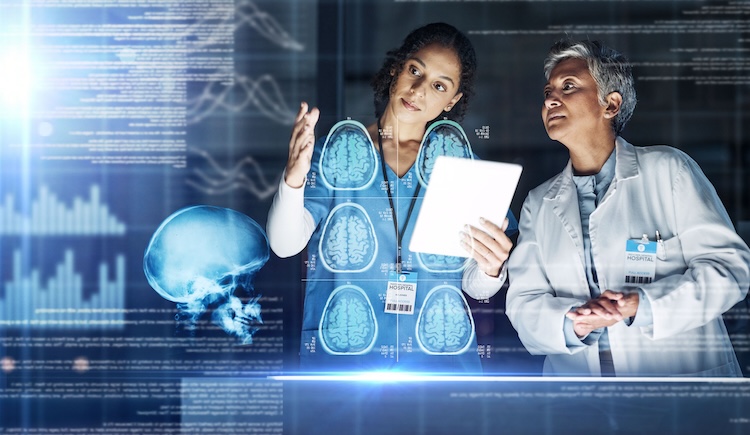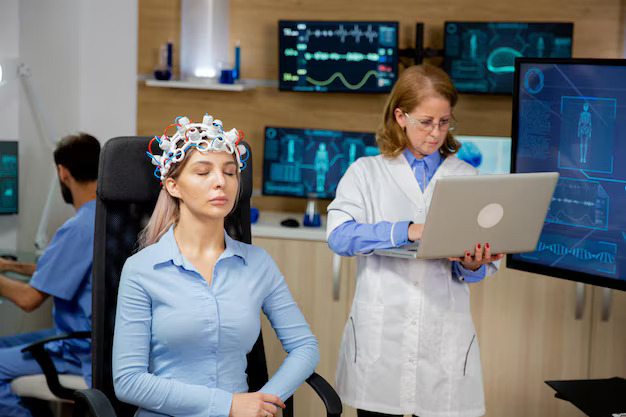The Transformative Impact of Generative AI in Telehealth: Advancing Remote Healthcare Delivery
Generative AI redefines telehealth: supercharging diagnostics, care & boosting efficiency.

.jpg)
The integration of Generative Artificial Intelligence (AI) into telehealth services represents a pivotal advancement in healthcare delivery, promising to transform how medical care is accessed and provided remotely.
With the telehealth market projected to reach $290.90 billion by 2032, understanding the impact of generative AI in this rapidly evolving sector becomes increasingly crucial for healthcare providers and stakeholders.
As noted by Dr. Tania Elliott, clinical instructor for NYU Langone Health, "It is a natural synergy for telehealth to be part of the clinical escalations process for patient-facing AI solutions".
Read more about Generative AI here: Generative AI: Breakthroughs, Perspectives, and Future Trends for 2025

Revolutionizing Patient Care Through AI Integration
Enhanced Diagnostic Capabilities
Generative AI is significantly improving diagnostic accuracy in telehealth settings. Healthcare organizations implementing AI-driven diagnostic tools have reported up to 75% enhancement in their ability to treat diseases effectively.
For instance, AI algorithms can now analyze medical images like X-rays and CT scans with remarkable precision, often detecting subtle patterns that might be missed by human observation alone.
This capability has proven particularly valuable in specialties such as radiology, where AI can process images in mere seconds while maintaining high accuracy rates.
According to Dr. Ronald M. Razmi, "If you're going to be in a virtual care environment where your experience doesn't start with a doctor popping up on your computer immediately, it can start with a chatbot asking you some questions... Based on your responses, a chatbot can decide what kind of care you are going to need"
Virtual Health Assistants and Patient Support
AI-powered virtual assistants are transforming patient interactions by providing continuous support and guidance. These sophisticated systems serve as the first point of contact for many patients, conducting initial triage, managing routine medical queries, and facilitating appointment scheduling.
They excel at monitoring medication adherence and delivering personalized health recommendations based on individual patient data.
As reported by Mercer, "AI-powered virtual assistants can provide patients with 24/7 access to medical advice and support. These assistants can answer questions about common medical conditions, provide symptom tracking, and even connect patients with a doctor or other healthcare provider if needed."
The implementation of these AI assistants has shown remarkable results, with studies indicating that 80% of healthcare facilities using AI technology have observed reduced staff burnout, highlighting the technology's role in optimizing healthcare delivery.
Read Also: How Retrieval-Augmented Generation (RAG) Supports Healthcare AI Initiatives
Advancing Clinical Workflows and Efficiency
Streamlined Administrative Processes
Generative AI is transforming administrative tasks in telehealth through comprehensive automation of essential processes.
The technology now handles documentation and medical coding with unprecedented efficiency, while simultaneously generating detailed clinical summaries and managing insurance claims.
"Without AI, we have to rely on PDFs, uploads, e-faxes, or worse, telephonic intake, which is often a barrier to delivering seamless virtual care," explains Dr. Elliott.
Healthcare providers can now focus more on patient care as AI systems manage appointment scheduling and create necessary documentation such as referral letters and prior authorization requests.
This shift in administrative burden has significantly improved the efficiency of healthcare delivery while reducing operational costs.
Remote Patient Monitoring and Management
AI-enabled remote monitoring systems have transformed chronic disease management through continuous vital sign tracking and sophisticated pattern analysis.
These systems excel at predicting potential health issues by analyzing patient data trends and alerting healthcare providers to concerning changes that require intervention.
For instance, AI algorithms can now analyze data from wearable devices to detect early signs of cardiac issues or monitor glucose levels in diabetic patients, enabling healthcare providers to intervene proactively before conditions worsen.
This predictive capability has transformed how healthcare providers manage chronic conditions and respond to potential health crises.
Read Also: What Makes AI Chatbots a Game-Changer in Mental Healthcare?

Challenges and Implementation Considerations
Data Privacy and Security
While Generative AI offers numerous benefits, healthcare organizations must address several critical challenges:
- Ensuring HIPAA compliance
- Protecting patient data during transmission and storage
- Managing access control and authentication
- Preventing unauthorized data exposure
- Maintaining audit trails of AI system actions
Studies show that privacy concerns remain a primary consideration for both healthcare providers and patients in AI-enabled telehealth systems.
Ethical Considerations and Bias
Healthcare organizations must carefully consider:
- Algorithmic bias in AI systems
- Fairness in healthcare delivery
- Transparency in AI decision-making
- Patient autonomy and consent
- Cultural sensitivity in AI interactions
Future Outlook and Recommendations
The future of generative AI in telehealth presents exciting possibilities as technology continues to evolve.
We are witnessing the emergence of sophisticated integrations between AI and Virtual and Augmented Reality for enhanced remote examinations.
Advanced predictive analytics are enabling increasingly personalized treatment plans, while real-time language translation services are breaking down communication barriers in healthcare delivery.
These developments are accompanied by continuous improvements in diagnostic accuracy and patient engagement through personalized interactions.
Healthcare organizations seeking to implement generative AI in their telehealth services should adopt a strategic approach to implementation.
This begins with careful identification of specific use cases and priorities, followed by establishment of robust data security measures. Comprehensive staff training and education programs are essential, as is the development of clear governance frameworks.
Organizations must also implement systematic monitoring and evaluation of AI system performance while maintaining strict compliance with regulatory requirements.
Thus,
Generative AI is fundamentally transforming telehealth delivery, offering unprecedented opportunities to improve healthcare access, quality, and efficiency.
While challenges exist, particularly in areas of privacy and ethics, the potential benefits far outweigh the obstacles.
As technology continues to evolve, healthcare organizations that strategically implement AI-enabled telehealth solutions will be better positioned to meet the growing demand for remote healthcare services while maintaining high standards of patient care.
Transform Healthcare with Makebot’s AI-Powered Chatbots
Enhance patient care, streamline operations, and reduce burnout with Makebot’s LLM-driven chatbot solutions. Our trusted AI technology optimizes diagnostics, virtual assistants, and administrative workflows, empowering healthcare providers to deliver faster, smarter, and more accessible telehealth services.
Lead the AI revolution in healthcare. 📩 Contact us today: b2b@makebot.ai

Studies Reveal Generative AI Enhances Physician-Patient Communication



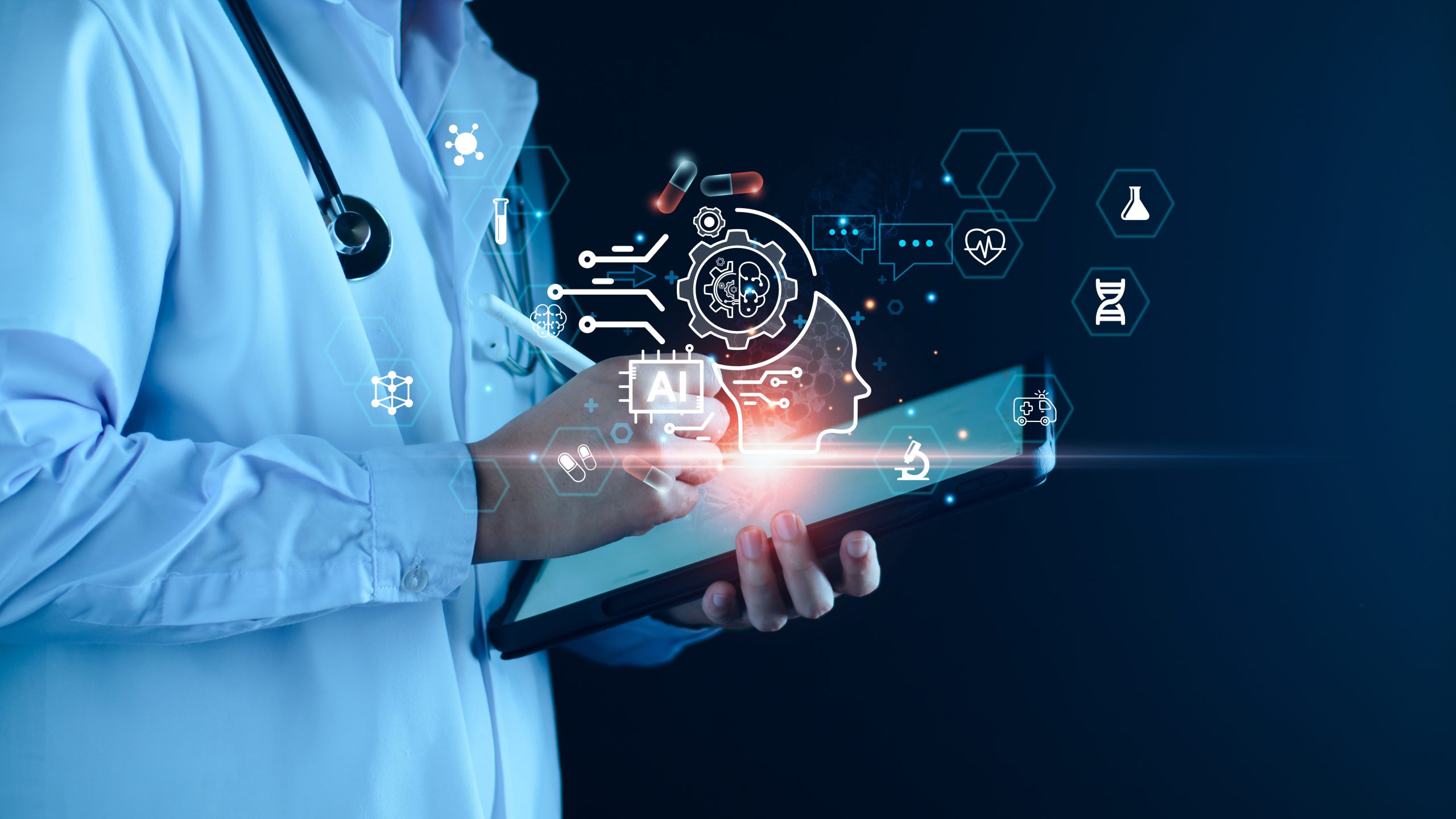
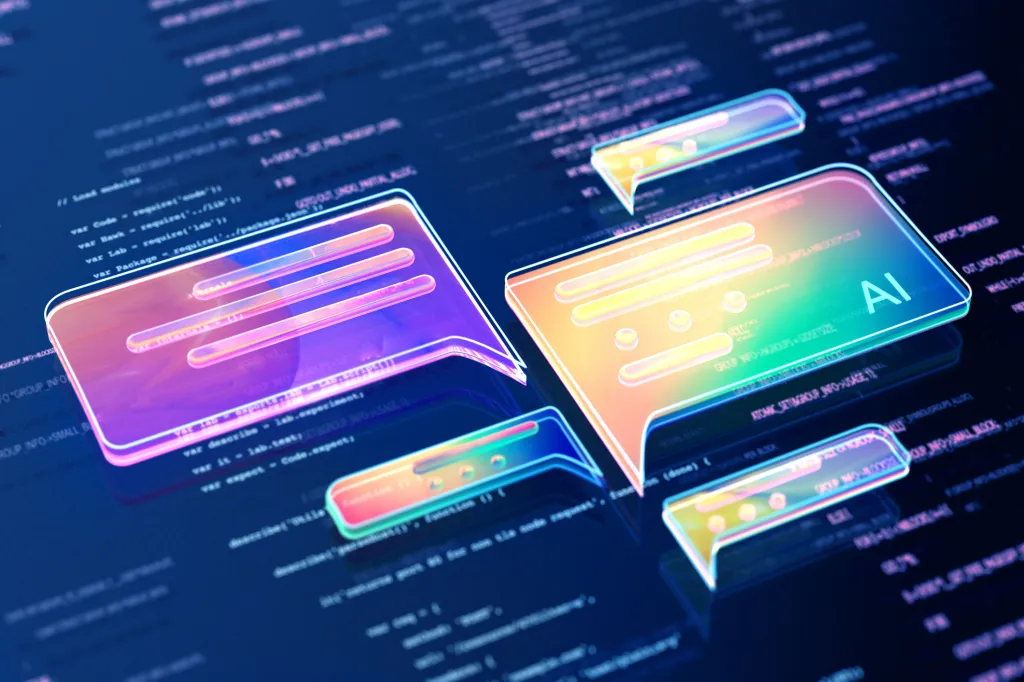



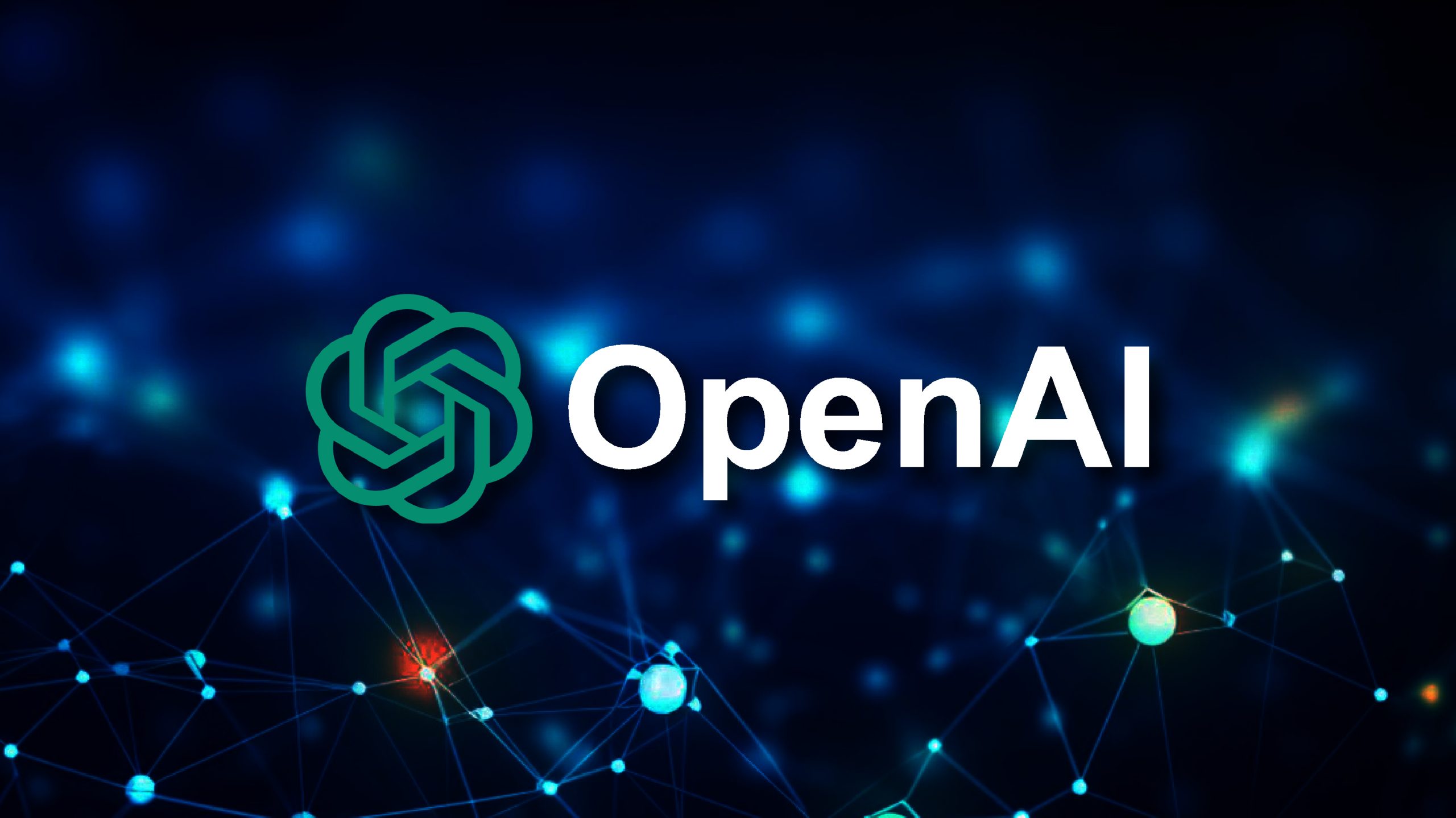



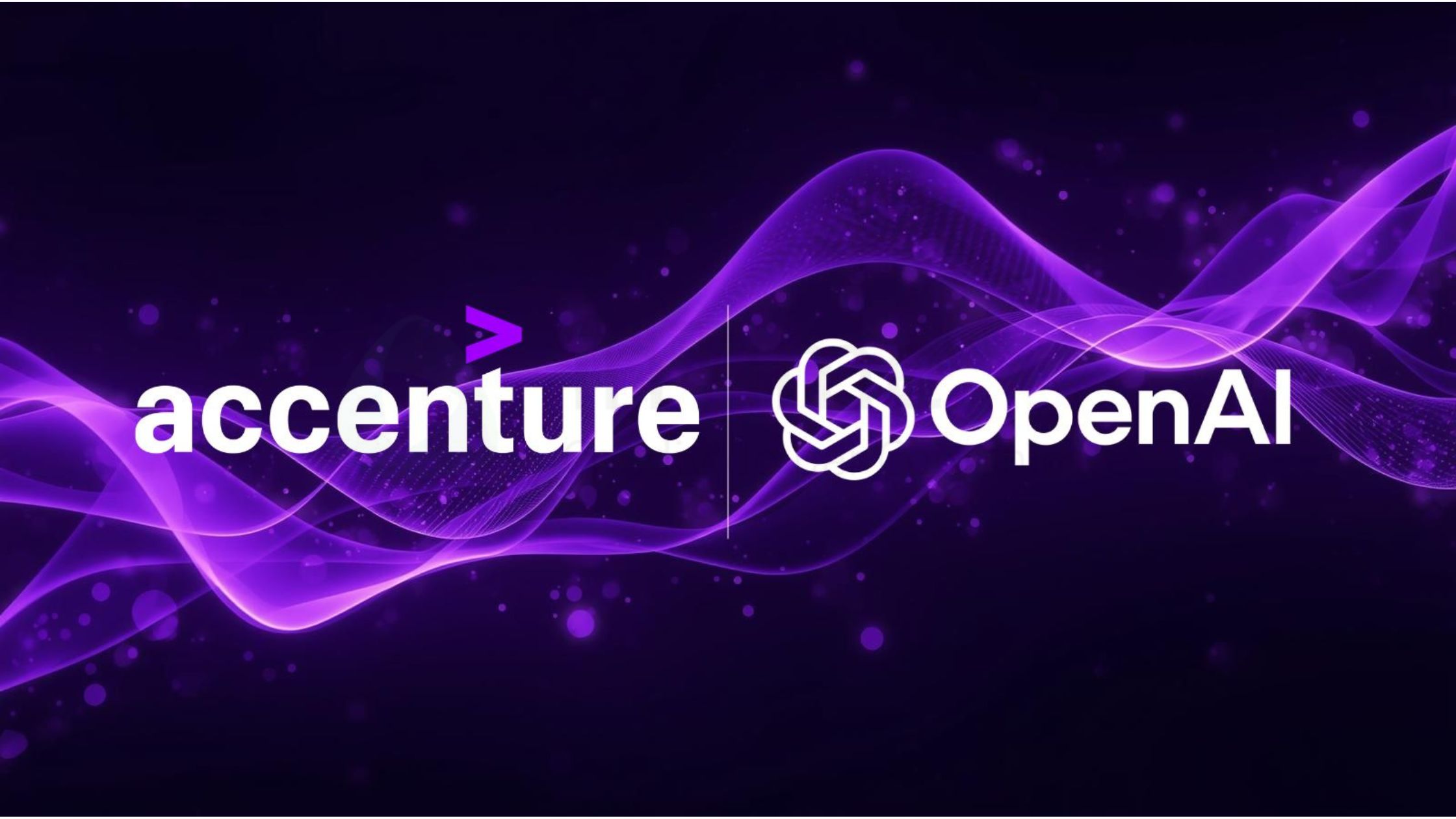
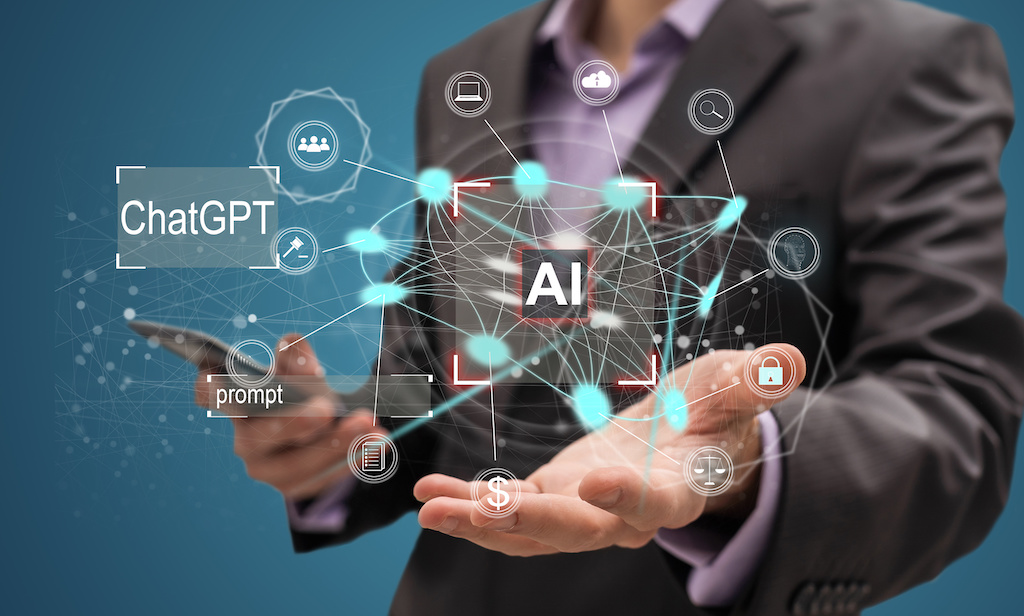









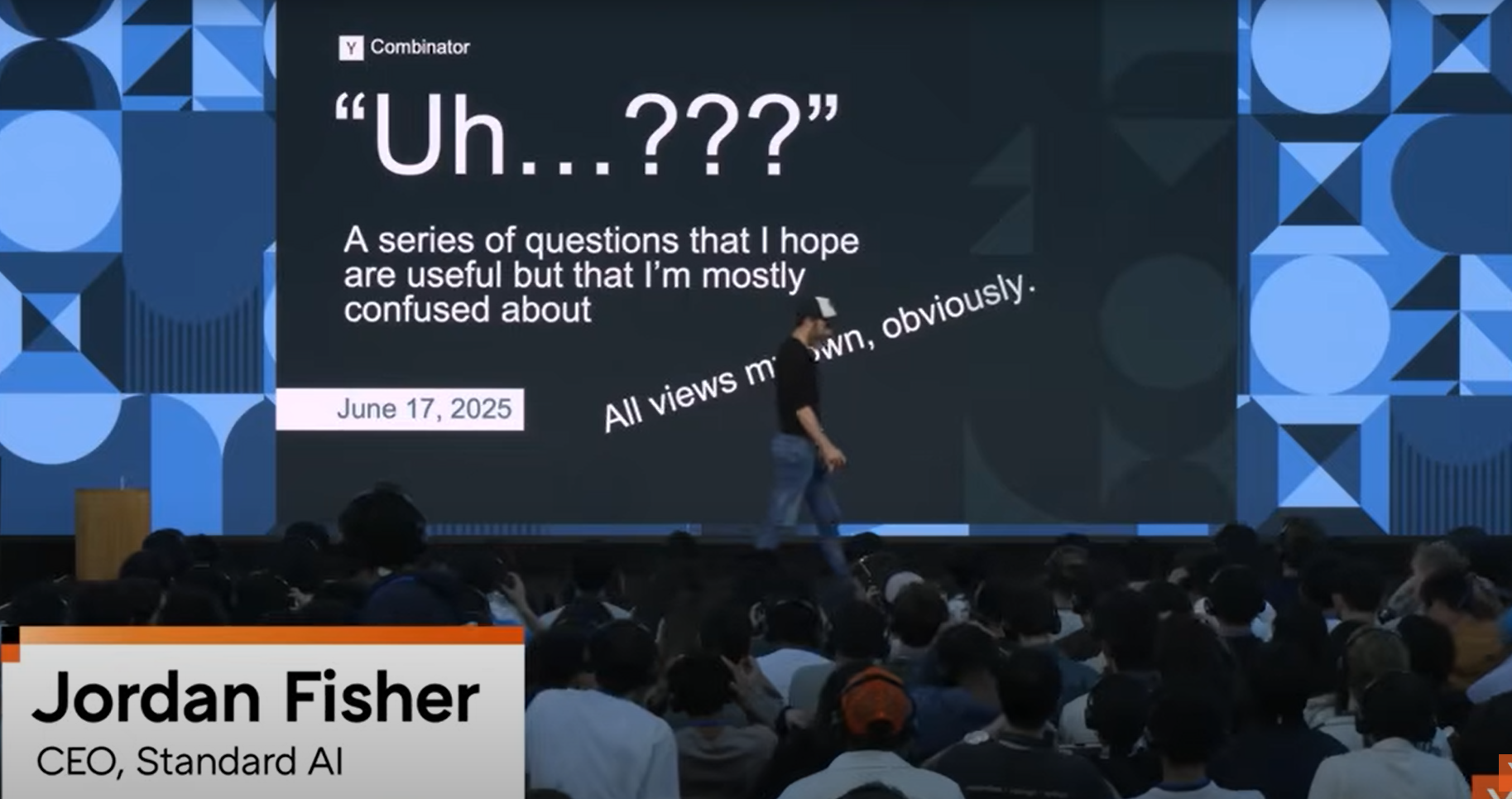




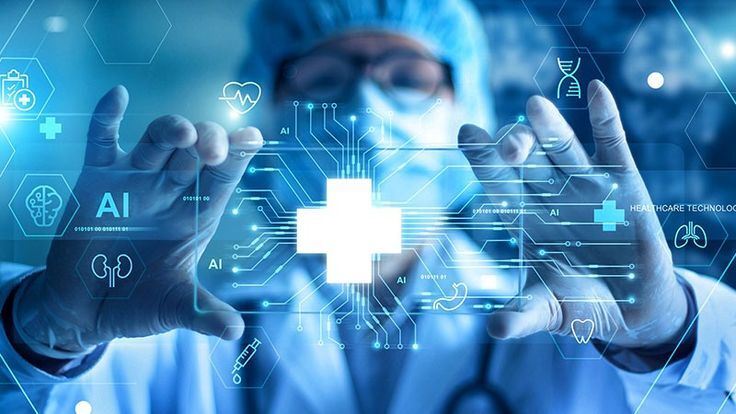

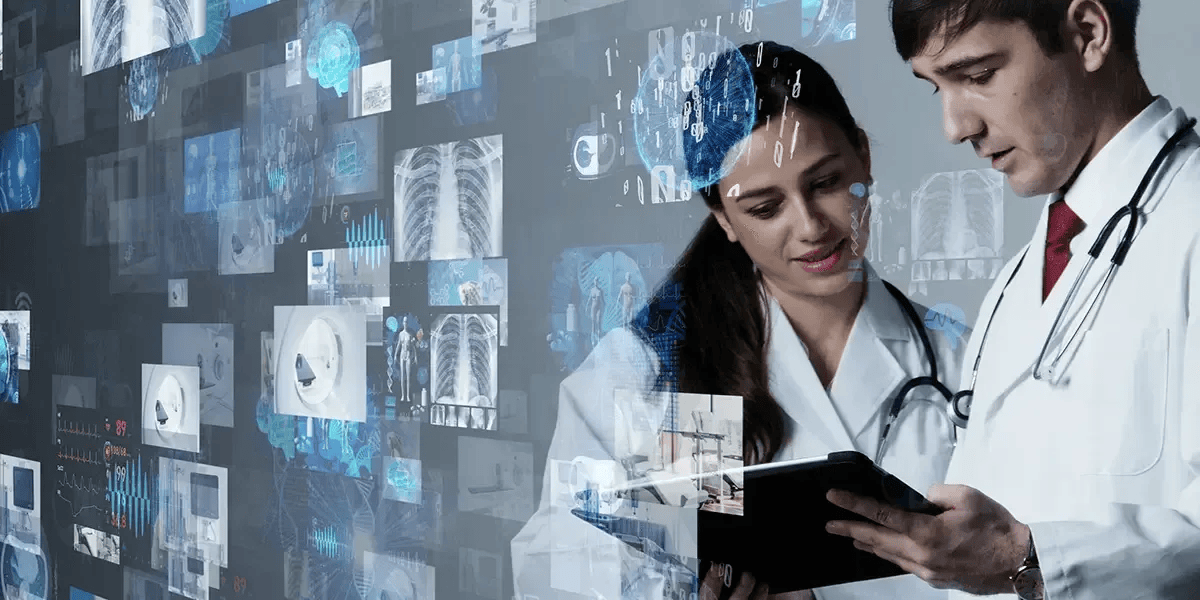



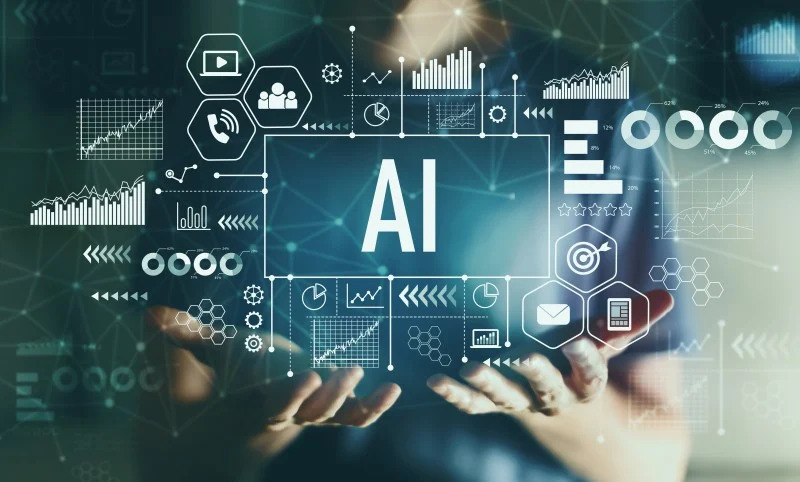









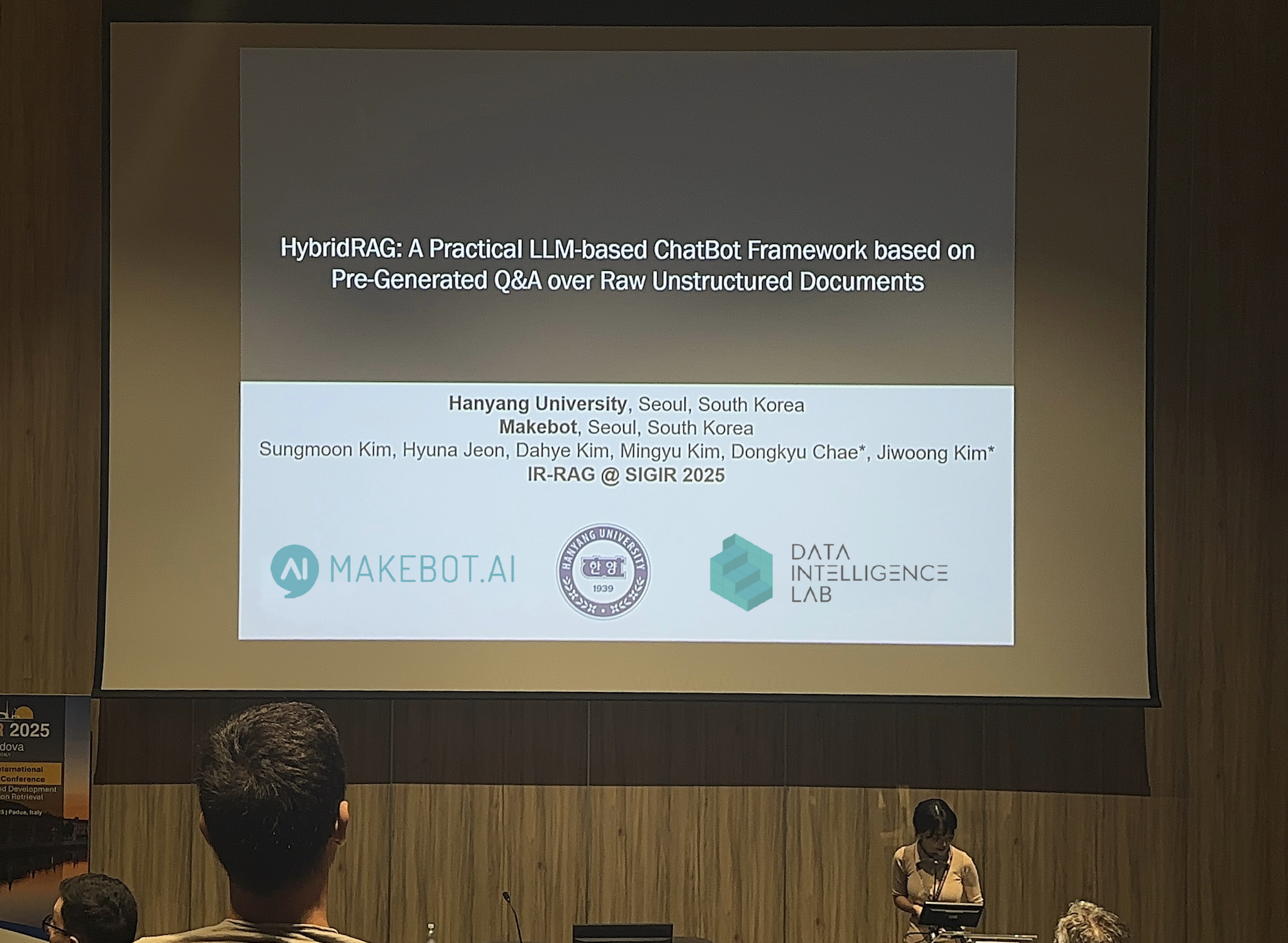









_2.png)












